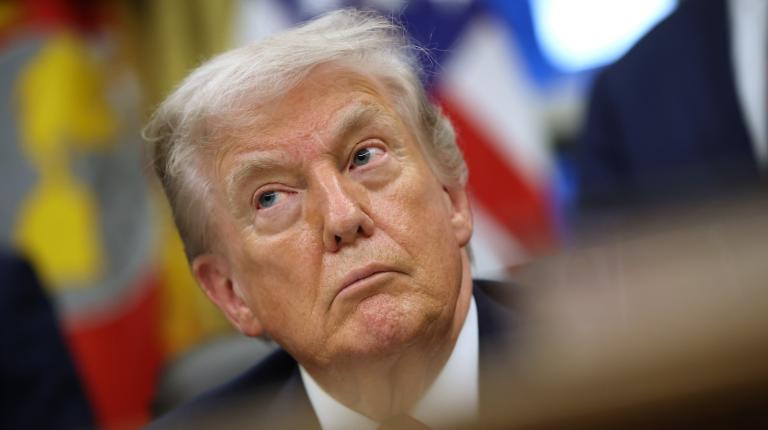TOKYO — Officials from 20 nations met Thursday in Japan to find ways to tackle global warming related to transport, which causes nearly one-quarter of carbon emissions but has partly evaded strict regulation.
Transport ministers or envoys from nations including all members of the Group of Eight industrial powers opened two days of talks in Tokyo as momentum builds to draft a post-Kyoto treaty on climate change.
“The countries present at this meeting recognise that we need to get emissions from the transport sector under control,” UN climate chief Yvo de Boer told reporters on the sidelines of the meeting.
The participating nations realise that “especially in order to advance emission reductions regarding shipping and aviation, we need international cooperation,” he said.
It is one of a series of meetings to lay the groundwork ahead of a December conference in Copenhagen which is supposed to approve a treaty for climate action for after 2012, when the Kyoto Protocol’s obligations expire.
Transport — air, sea and land — accounts for 23 percent of carbon emissions, topping all sectors except electricity generation and indoor heating, according to the International Energy Agency.
Host Japan had invited transport ministers from 22 nations including key polluters such as the United States, China and India.
But the United States and India eventually sent diplomatic envoys instead while China did not show up, the Japanese transport ministry said.
An April meeting in Bangkok agreed to look at reducing emissions from air and sea travel, a growing source of emissions left out of the Kyoto Protocol due to the problem’s international nature.
But nations have already been toughening standards for car emissions — decisions mostly taken before the current economic crisis which has battered the auto industry.
De Boer said the causes of the economic crisis and global warming were linked.
“Solving both together is the one chance that we have to drive fundamental change now,” he said. “The unlimited high-emission, debt-driven economic model is broken and any economic recovery that tries to allow it again will fail.”
US president-elect Barack Obama, who takes office next week, has promised strong US leadership on climate change and investment in a “green economy”.
It marks a major shift from his predecessor George W. Bush who dismissed the Kyoto Protocol as too costly for the world’s largest economy.
Japanese Prime Minister Taro Aso earlier appealed for action in an opening speech, saying: “Everyone living on the Earth is expected to take responsible actions to protect our planet.”
“I would like each participating country to accelerate its efforts to reduce C02 emissions from the transport sector, as well as to enhance its support for developing countries, utilising its technologies and experiences,” Aso said.
Japan hosted the 1997 negotiations for the landmark Kyoto Protocol but is well behind in meeting its obligations.
It has set a long-term goal of slashing carbon emissions by 60 to 80 percent from current levels but, to the disappointment of environmentalists, has not yet set mid-term goals.
The UN climate chief said he heard Japan would set the mid-term goals in June, around the time of another climate conference.
“The world is keenly waiting for Japan to announce its mid-term target,” de Boer said.


